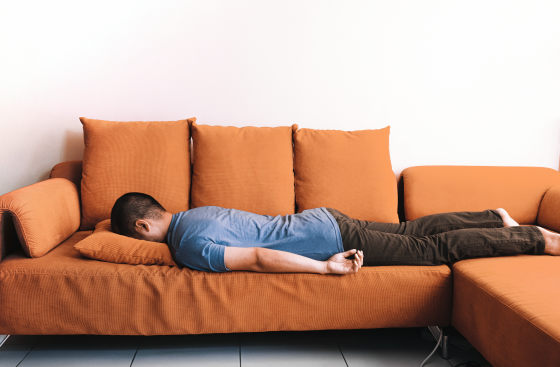People fall into a state of unhappiness even if they have too much leisure time. What is the point of increasing happiness when there is a lot of leisure time?

Having too little or too much time is linked to lower subjective well-being. --PsycNET
https://doi.apa.org/doiLanding?doi=10.1037%2Fpspp0000391
Too much free time may be almost as bad as too little: Using excess discretionary time on productive activities can help bolster well-being --ScienceDaily
https://www.sciencedaily.com/releases/2021/09/210909124451.htm
The research team first analyzed data from 2012 to 2013 in the American Time Use Survey, which measures Americans' time to work, raise children, and volunteer. 21,736 participants in this survey submitted 'data on how they spent 24 hours a day' and 'questionnaire responses on happiness.' Analysis of the data showed that although the degree of human well-being increased as free time increased, the change leveled off after 2 hours and began to decline after 5 hours. .. The researchers show that the correlation was 'statistically significant' for both increased and decreased happiness.
In addition, the research team analyzed data from 13,639 participants in the National Study of the Changing Workforce from 1992 to 2008. In the survey, subjects were asked questions about leisure, such as 'How much free time do you have on weekdays?', And happiness was measured by questions about life satisfaction. This survey also showed that up to a certain point, the amount of free time and the degree of happiness showed a positive correlation, but beyond that point, there was no correlation.

Based on the above two analyzes, the research team conducted two online experiments on 6,000 people.
In the first experiment, subjects were asked to imagine that they were given several hours of free time per day for six months. At this time, each subject was randomly assigned 'less free time' of 15 minutes a day, 'moderate free time' of 3.5 hours a day, and 'many free time' of 7 hours a day. I was asked to report 'How much can I experience happiness and satisfaction?' As a result, the groups with 'less free time' and 'many free time' reported that their happiness was lower than that of the 'moderate free time' group. People who were assigned 'less free time' felt more stressed, and those who were assigned 'more free time' felt 'less productive', so their happiness was lower.
In the second experiment, we asked each subject to imagine 'moderate free time (3.5 hours)' and 'many free time (7 hours a day)', and then asked about how to spend free time. 'Productive method (exercise / hobby / running)' or 'non-productive method (television / internet)' was specified. Then, those who spend time in an unproductive way have less happiness as they have more free time, while those who spend time in a productive way feel happy even if they have more free time. Was shown to be the same as the 'moderate free time' group.

Marissa Sharif, an associate professor of marketing at Wharton School of the Study, said, 'If you spend the entire day at your own discretion, you can end up in a situation similar to misery. What you want to do. Also, if you have excessive free time after retirement or on leave, our research shows that you can benefit from spending time with purpose. I commented.
Related Posts:
in Note, Posted by darkhorse_log







